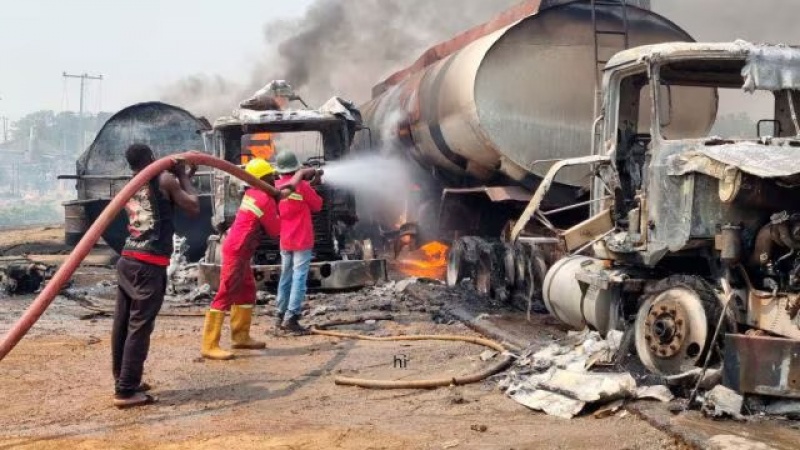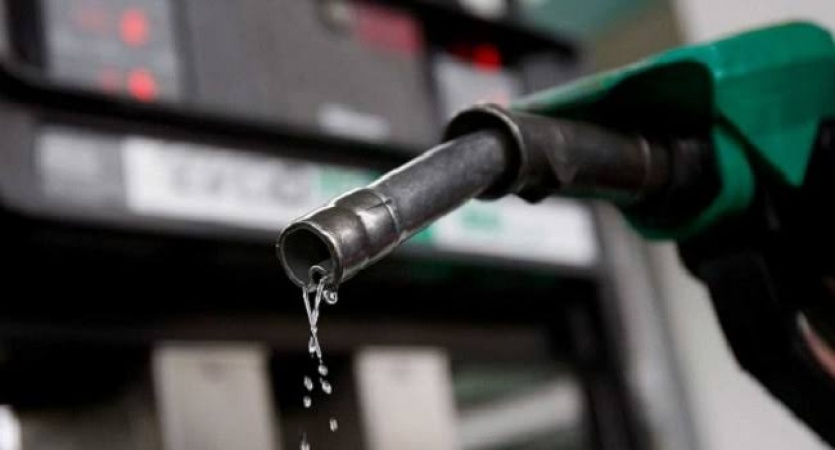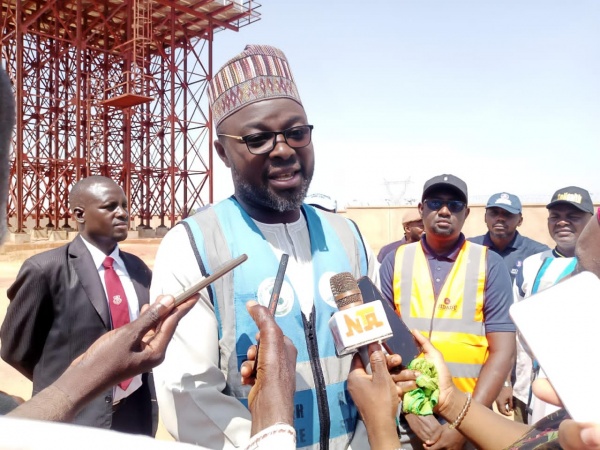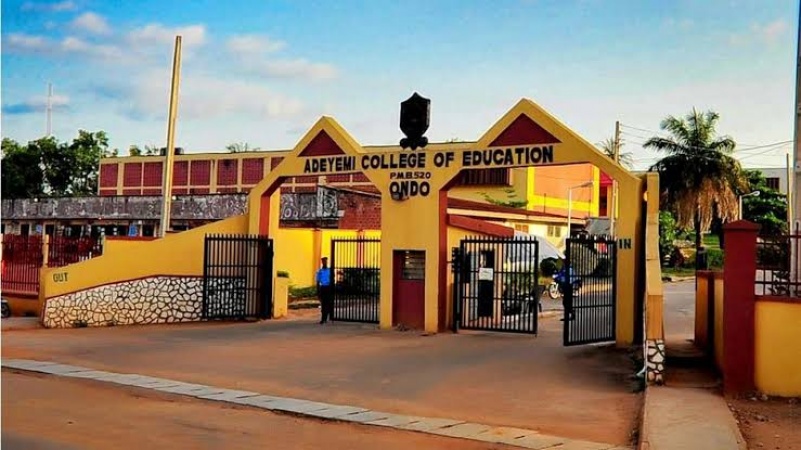The Dangers of Scooping Fuel: Lessons from the Suleja Tragedy
Posted by Daniel Aregbe | 2 months ago | 147 times

Saturday, January 18, 2025, will forever remain etched in the memories of Suleja residents, as the city in Niger State was plunged into mourning following a devastating petrol tanker explosion. The accident claimed the lives of over 70 people, leaving families and the entire community reeling from the tragedy. The incident began when the tanker overturned in an accident, leading to people rushing to scoop the spilled petrol, only for an explosion to occur.
This is just one of many similar tragedies that have plagued Nigeria in recent years, leaving citizens questioning why such incidents continue to happen. Recall that October 15, 2024, a fuel tanker in Majiya town, Jigawa State erupted in flames after residents rushed to scoop petrol from it. This tragic incident claimed the lives of over 150 people, leaving countless others injured and traumatized. Unfortunately, this year, we have witnessed another devastating fuel tanker accident in the Dikko area of Niger state, resulting in the loss of over 80 lives.
Despite the horrifying consequences that follow, the question remains: Why do people keep risking their lives to scoop petrol and other crude oil products from fallen tankers?
The Federal Road Safety Corps (FRSC) reports that Nigeria experienced over 300 fuel tanker accidents between 2020 and 2022. In 2020 alone, fuel tanker accidents were among the leading causes of road crashes, resulting in more than 535 fatalities.
The root of this dangerous behavior may lie in the removal of fuel subsidies in the past year. The policy change led to a steep increase in petrol prices, pushing the commodity beyond the reach of many Nigerians. While the government has emphasized the long-term economic benefits of subsidy removal, the immediate reality for many has been an increase in the cost of living. The high price of fuel has had a ripple effect, impacting transportation, agriculture, manufacturing, and other critical sectors. For some, the opportunity to access free fuel from an overturned tanker appears to be a tempting, albeit dangerous, alternative.
However, this desperate act is fraught with grave risks. Petrol is an extremely flammable liquid. Its combustion process produces heat and carbon dioxide, and it can ignite with even the smallest spark, especially in oxygen-rich environments. In the case of an overturned tanker, even if one person is cautious, it is impossible to guarantee that others nearby are not carrying materials or devices capable of sparking a fire. Such unpredictability makes these scenes extremely hazardous, and avoiding them altogether is the only safe choice.
Beyond its flammability, petrol is also a health hazard. Inhaling its fumes can cause suffocation, choking, and long-term damage to the respiratory system. Merely being in the vicinity of a tanker accident poses significant health risks, even without direct contact with the substance.
Addressing this issue requires collective action. The government must prioritize raising awareness about the dangers of scooping fuel. President Bola Ahmed Tinubu’s recent directive to the National Orientation Agency to launch a nationwide campaign is a step in the right direction. However, citizens also have a role to play by discouraging risky behaviors, spreading awareness, and acting responsibly in such situations.
Ultimately, some risks are simply not worth taking, especially when the cost is human lives. The Suleja tragedy is a sobering reminder of the devastating consequences of negligence and desperation. As a society, we must prioritize safety and take every necessary measure to prevent such incidents from recurring.







